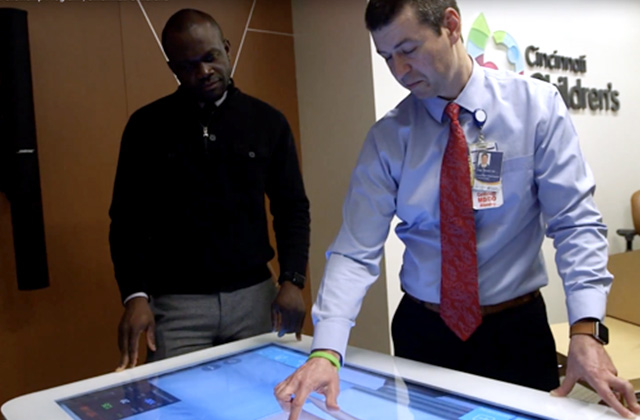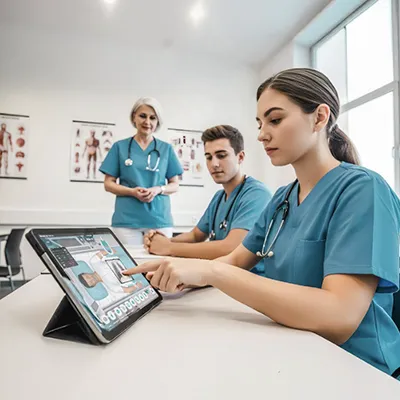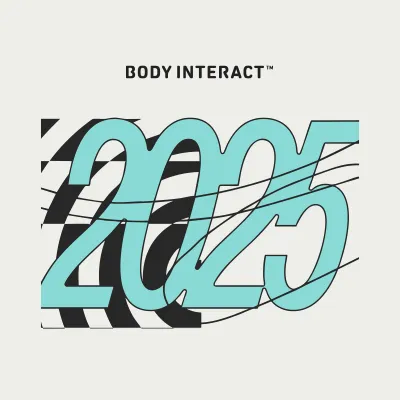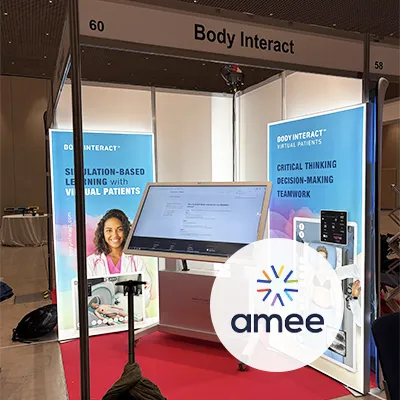Providing students with the best medical training is one of the biggest challenges faced by universities and their professionals. For this reason, technology has been the main solution desired by educators to provide a complete experience of training in a safe environment.
Dr. Ivan Wilmot is a Paediatric Cardiologist at the Cincinnati Children’s Hospital, where he also works as the fellowship director. With a large academic paediatric facility, many residents and students are welcomed, all the way from undergrads, medical students, nurse practitioners, nurses and, residents, to fellows, advanced fellows and post-doctoral fellows.
By making use of cutting-edge educational tools, the Paediatric Cardiologist and his colleagues, aim to find solutions to the growing challenges faced by the medical education system:
From amphitheatres to iPads
When contrasting traditional educational tools with contemporary ones, Dr Wilmot starts by recalling the old-fashioned method of teaching. Where seated in an amphitheatre, students would listen to their professors dictating what they needed to know. “A very poor interaction environment”, he said.
As a new solution, the Cincinnati Children’s Hospital is now using iPad’s with Body Interact software for individual training. Dr. Wilmot emphasizes that “educators can assign specific clinical cases to their students and track their evolution”.
In terms of group training, by using the Body Interact table in their conference room where the simulation exercise can be projected, the number of different ways of using this tool increases. Educators can ask for students to come in front and interact with the table while the remaining colleagues take note of their choices or help them decide on the next step.

Either by solving a case with the whole class or by asking a smaller group to assume the responsibility, Dr Wilmot highlights the variety of ways of how Body Interact can be used.
In terms of the new frontiers of work, as a way to create content for other students and fellows, Dr Wilmot presents telemedicine as an area that he intends to develop in the future, together with the Body Interact program with the nursing school and using it for research.








